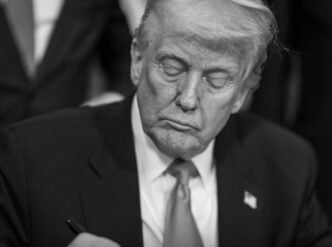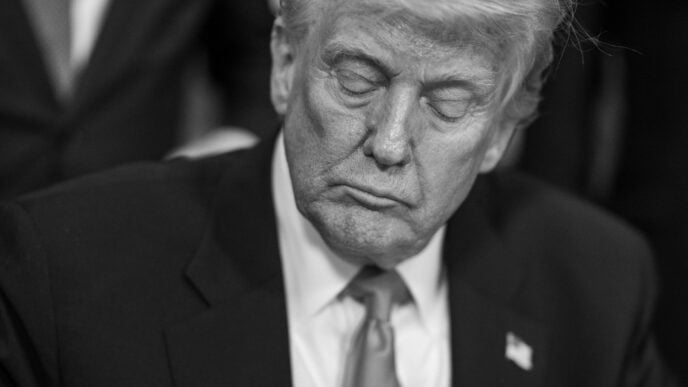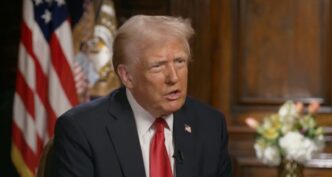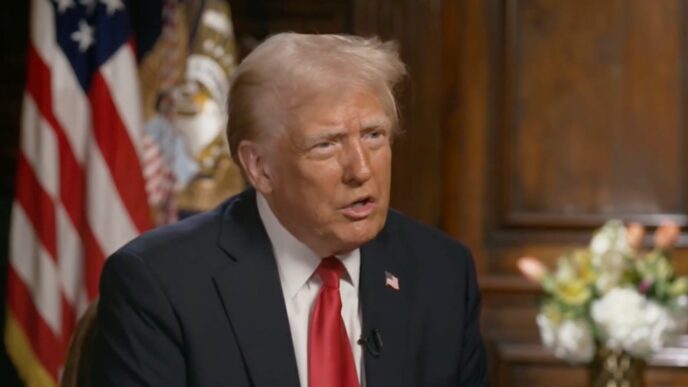A recent high-profile celebration honoring a prominent figure in the lottery sector was a spectacular affair, fittingly graced by kings, governors, senators, and captains of industry. It was a visual feast of accumulated power and influence.
Yet, an astute observation emerged from the spectacle: the absence of the company’s core customer base. The legions of commercial drivers, cyclists, bricklayers, vulcanizers, street urchins, and petrol attendants; the daily hustlers whose consistent, small wagers fuel the entire commercial enterprise; were nowhere to be found.
The guests enjoying the opulent reception were the investors, the regulators, and the elite; the financial engine was left outside. This striking dichotomy is more than just a social anecdote; it’s a powerful lens through which to examine the profound ethical, economic, and legal contradictions inherent in mass-market pools betting.
The Regressive Tax on Hope
Advertisement
At its heart, the lottery business model is a simple calculation of high probability and low payout for the customer, resulting in predictable, exponential returns for the operator. The moral dilemma arises because this model often finds significant success by monetizing the fervent hope for a breakthrough held by the financially strained.
While betting is a legal, voluntary transaction, ethically, its economic function is akin to a regressive tax on the most financially vulnerable citizens. The wealthy can afford entertainment; the poor often view betting as a speculative endeavor; a last-ditch, statistically disastrous bid for life-changing capital. For someone earning a meager daily wage, a Naira stake represents a much higher proportion of their disposable income than it does for a high-earning elite. When multiplied across millions of financially struggling customers, these small, consistent stakes aggregate into the vast fortunes that finance multi-sector corporate empires.
This concentration of capital can challenge efforts towards poverty reduction. Every Naira spent on a lotto ticket is a Naira not saved, not invested in a child’s education, or not used to buy adequate nutrition. This economic pattern can discourage diligence and foster a dependency on luck, thereby exacerbating existing generational poverty within vulnerable communities.
Advertisement
The Legal Framework vs. Social Progress
Pools betting is legal, licensed, and regulated in Nigeria, contributing significantly to government revenue through taxes. This legality provides a powerful shield against moral scrutiny. Operators rightly point to their legal status, tax compliance, and considerable philanthropic efforts (such as large donations to health and education through foundations) as evidence of corporate social responsibility.
However, this is where the argument of social progress intervenes. The law’s purpose extends beyond commercial regulation; it should ideally advance the moral tenor and human development of society.
The current legal structure often treats lotto purely as a commercial product, failing to adequately address its full social costs. While a successful operator’s charity may fund a medical research center, the underlying economic mechanism may, at the same time, diminish the resources of millions of poor families required to afford basic necessities like healthcare.
Advertisement
If the law is to be an instrument of genuine progress, regulators might need to shift their focus from maximizing license revenue to implementing stronger social protection measures. This could involve stricter controls on how betting is marketed to low-income groups, setting caps on daily spending, or dedicating a larger percentage of gross revenue to direct social safety nets, rather than relying solely on the operator’s goodwill philanthropy.
The Invisible Social Contract
The recent opulent event symbolizes the final result of the pools betting industry: the commercial detachment of the resultant wealth from its source. The high-profile guests represented stability, influence, and security; the uninvited customers represented risk, hope, and vulnerability.
The real challenge for Nigerian society is reconciling the legal existence of this immense commercial engine with its profound social externalities. The betting industry operates on an invisible social contract where the collective capital of the struggling populace is concentrated in the hands of a very few, creating a stark visual division that cannot be ignored.
Advertisement
To advance ethical commerce and genuine progress, the country must ask itself: when an industry’s success relies heavily on monetizing the collective hope of its financially vulnerable citizens, does its legal status suffice, or must the law be reformed to better protect the fundamental dignity and financial viability of the people who power it? The answer lies not just in philanthropy, but in reforming the economic structure that created the juxtaposition of vast private wealth and the underlying poverty that funded it.
Adebawo is an accomplished business leader and communications expert with extensive experience in the oil and gas industry. He currently serves as the International Lead Pastor of the Global Influence Continental Church. Adebawo is also an author and scholar, known for his writings on social and economic issues, strategic communication and leadership.
Advertisement
Views expressed by contributors are strictly personal and not of TheCable.








